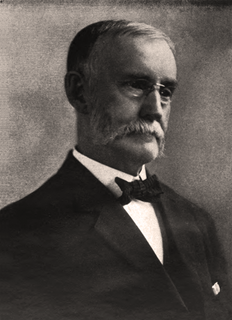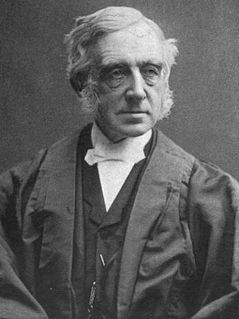A Quote by Timothy Keller
The Bible says that our real problem is that every one of us is building our identity on something besides Jesus.
Related Quotes
Life is a building. It rises slowly, day by day throughout the years. Every new lesson we learn lays a block on the edifice, which is rising silently within us. Every experience, every touch of another life on ours, every influence that impresses us, every book we read, every conversation we hear, every act of our commonest days, adds something to the invisible building.
The Bible is one long story of God meeting our rebellion with His rescue, our sin with His salvation, our guilt with His grace, our badness with His goodness. The overwhelming focus of the Bible is not the work of the redeemed but the work of the Redeemer. Which means that the Bible is not first a recipe for Christian living but a revelation book of Jesus who is the answer to our un-Christian living.
Now let us gather into one bouquet, from the King's garden, these seven fragrant flowers: Jesus the Son of God; Jesus our sin-bearer; Jesus the giver of eternal life; Jesus the keeper of our undying souls; Jesus the hearer of our prayers; Jesus the chastener who can turn crosses into crowns; and Jesus the wonder-worker who changes us into eternal likeness unto Himself! These flowers will keep sweet till heaven dawns.
The Christian faith, simply stated, reminds us that our fundamental problem is not moral; rather, our fundamental problem is spiritual. It is not just that we are immoral, but that a moral life alone cannot bridge what separates us from God. Herein lies the cardinal difference between the moralizing religions and Jesus' offer to us. Jesus does not offer to make bad people good but to make dead people alive.
Yes, the Bible should be taught in our schools because it is necessary to understand the Bible if we are to truly understand our own culture and how it came to be. The Bible has influenced every part of western culture from our art, music, and history, to our sense of fairness, charity, and business.
Those of us raised in the Christian tradition need to choose to either see God in Jesus or to continue to let the Bible define God. Our tradition says that Jesus is God. Maybe we should act as if we think he is instead of worshipping a book. Maybe we should be brave enough to admit that we are compelled to either become blinded ideologues or we need to forthrightly pick and choose what we follow in the Bible. Most Christians do that anyway, many just don’t admit it.
I report when science clashes with the Bible story and when it reinforces it. Then I let the readers chew on it. As followers of Jesus and students of the Bible, what we're looking for is the truth. We find it by grappling with the facts. And when the truth remains a mystery that our facts can't solve, we live with it. We hold loosely to our waffling knowledge and tightly to Jesus.
The gospel shows us that our spiritual problem lies not only in failing to obey God, but also in relying on our obedience to make us fully acceptable to God, ourselves and others. Every kind of character flaw comes from this natural impulse to be our own saviour through our own performance and achievement. On the one hand, proud and disdainful personalities come from basing your identity on your performance and thinking you are succeeding. But on the other hand, discouraged and self loathing personalities also come from basing your identity on your performance and thinking you are failing.
Notice carefully every word here. It is not our prayer which draws Jesus into our hearts. Nor is it our prayer which moves Jesus to come in to us. All He needs is access. He enters in of His own accord, because He desires to come in. To pray is nothing more involved than to let Jesus into our needs, and permitting Him to exercise His own power in dealing with them. And that requires no strength. It is only a question of our wills. Will we give Jesus access to our needs?.
Here, then, is a simple rule of thumb for all of us to apply: If the words of Jesus challenge something I believe or challenge the way I live, the problem is not with Jesus. The problem is with me. Charles Spurgeon expressed this in broader, scriptural terms when he said, “If there is any verse that you would like left out of the Bible, that is the verse that ought to stick to you, like a blister, until you really attend to its teaching.”31


































